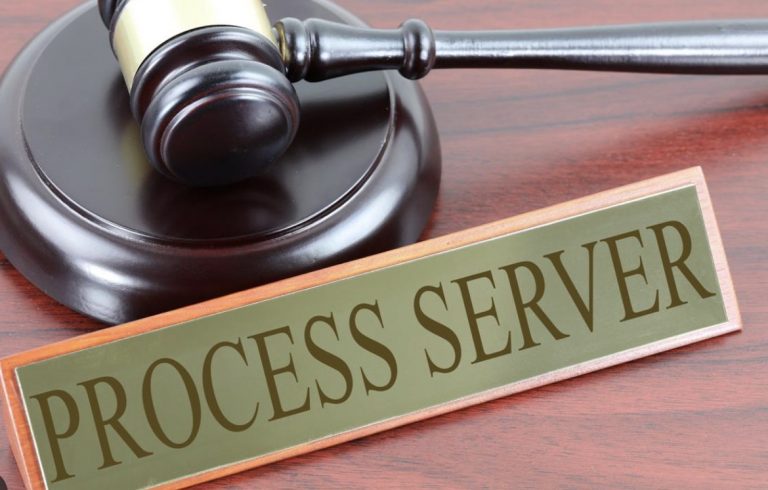Have you ever been served or found yourself in a situation where you needed to deliver court documents to a subpoenaed individual? While you may not think much about the person serving you, the situation is reversed when you’re the one serving the documents.
You can think of it this way: besides delivering the actual documents, you must follow a myriad of laws that differ from state to state and follow specific rules to ensure transparency. If it sounds complicated, that’s because it is.
In this article, we will look at the roles and responsibilities of process servers in the legal system. We will also touch briefly on why you should consider hiring a professional process server.
Roles and Responsibilities of Process Servers
According to U.S. law, any accused person has the right to know which legal actions have been taken against them. Defendants should also be given enough time to build a strong defense. This makes process servers an integral part of the legal system since they deliver court documents on time, allowing the accused individual to turn up in court at the right time with a strong defense.
Here are some of the most notable roles and responsibilities of process servers.
Delivering Legal Documents
This is the primary role of any process server. They serve as an impartial, third-party conduit between the plaintiff and the defendant by guaranteeing that every individual involved in the case receives relevant documentation and understands that they have been summoned to court.
To this effect, process servers may use a combination of online and offline resources to locate specific individuals. Once they know where to find these individuals, process servers can personally deliver court documents to the defendant, at the defendant’s workplace or home.
With regards to the latter, the process server doesn’t necessarily have to deliver the documents to the defendants personally. They can choose to leave the documents with another person at the defendant’s household. However, the substitute must be at least 15 years old.
Collaborating With Legal Professionals
Process servers must collaborate with other legal professionals to ensure fast, reliable delivery. They also play a crucial role in ensuring the delivery process aligns with the plaintiff’s legal strategy. This way, legal professionals can rely on process servers to provide timely service and facilitate the progression of legal services.
Compliance With Legal Requirements
Process serving must be fair and transparent. In that regard, process servers are required to adhere to strict legal requirements throughout their service. Any process server delivering legal documents must:
- Follow specific rules and procedures for delivering certain types of documents, including court orders, summonses, and subpoenas
- Verify the recipient’s identity to ensure they serve the right person
- Use appropriate service methods that align with the relevant rules and regulations in the particular jurisdiction
- Serve the documents within the specific time frame stipulated in the law
- Maintain privacy and confidentiality when handling sensitive documents
Handling Difficult Situations
Process servers often encounter challenging situations they must deal with to complete the task at hand. Some of the most common challenges process servers encounter include:
- Hostile recipients
- Evasive individuals
- Language barriers
- Confidentiality concerns
- Safety hazards
- Difficulty in accessing the defendant’s location
Why Hire a Professional Process Server?
While you may choose to serve the documents yourself, hiring a professional process server presents numerous benefits including:
Knowledge of Local Laws and Regulations
Different jurisdictions have specific rules and requirements for serving legal documents. Going against these rules may present significant challenges and potentially hinder the defendant’s right to a fair trial.
As such, process servers must stay current with laws and regulations to ensure they follow the necessary procedures when delivering court documents.
Unmatched Experience and Expertise
Professional process servers have a ton of experience serving different types of court documents across various jurisdictions. They have a clear understanding of the necessary procedures involved and relevant local regulations pertaining to the serving process. As such, they are better able to serve legal documents expediently and within the confines of the law.
Ensuring Proof of Service
It is vital to provide proof of service for all delivery attempts to protect the integrity of the legal system. By providing proof of service, process servers can demonstrate that the defendant received proper notice of their impending court case and had enough time to prepare a strong defense.
Process Servers Are an Integral Part of the Justice System
Process servers are some of the most important professionals in the justice system. They’re responsible for delivering court documents to relevant parties. They’re role ensures individuals get notified there’s a case leveled against them and they are required in court.
By performing their duties effectively, process servers help ensure a fair and transparent legal system where each side has enough time to gather evidence and build a strong case.

0 Comments